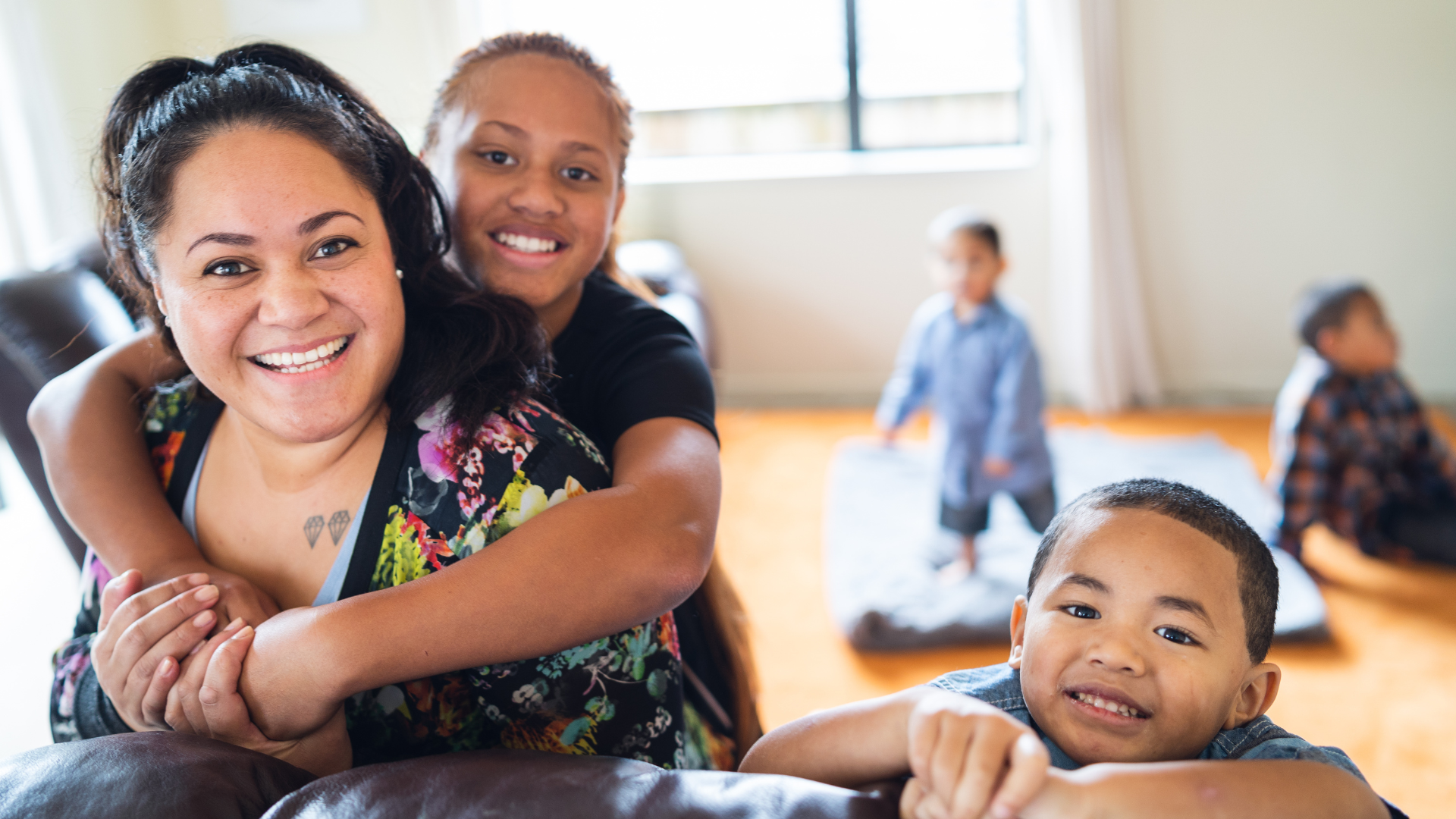A important role for our laboratories is improving access for Māori, Pasifika, and other at-risk communities to testing services and receiving the care and support they need.
Awanui Lab’s Immunopathology advanced trainee, Dr Jacqui Gale, is leading a study examining laboratory testing data for Māori and Pasifika compared to other population groups. The research is focussed on analysing data from over 100,000 tests for lupus and coeliac disease collected over a five-year period in Wellington, Hutt Valley, Wairarapa, and Taranaki.
Addressing gaps in the research
“Similar studies in other countries indicate higher prevalence rates of autoimmune diseases in Indigenous populations, and we know from our own testing, the rates are higher for Māori and Pasifika. However there has been a lack of research to quantify the actual testing discrepancies across regions and demographics here,” says Jacqui who is based in Wellington.
“By providing better data on the discrepancies in testing for Māori and Pasifika, and understanding rates of undertesting for these communities, we can inform actions to remove the barriers to accessing pathology services and reduce inequitable health outcomes.”
Collaboration and methodology
Jacqui says lupus and coeliac disease have been selected for this study as both are autoimmune conditions and are screened for by Awanui laboratories. While they are not as common as other autoimmune diseases, both can have serious consequences for patients.
“The study is currently at the early stage and I have been collaborating with Te Whatu Ora and a statistician to gather clean, actionable data on Māori and Pasifika patients tested for lupus and coeliac disease. The analysis also includes factors such as whether tests were carried out at hospital or community locations and compares results across different population groups.
“I have also consulted with Te Whatu Ora and Māori and Pasifika health representatives to understand the range of factors driving disparities for Māori and Pasifika, from both a community and scientific perspective,” says Jacqui.
Sponsored by Clinical Pathology Medical Director Richard Steele, the research is part of Jacqui’s training as a Pathologist through the Royal College of Pathology Australasia and the Royal Australasian College of Physicians.
The project is expected to conclude around the middle of 2024 providing valuable insights into demographic characteristics, testing volumes, and results for lupus and coeliac disease across the Wellington and Central regions.
Foundations for further research
“By starting small, the study creates a foundation for further research addressing disparities for Māori, Pasifika, and at-risk communities. The findings can serve as a benchmark for measuring testing rates and discrepancies for other diseases in the future,” says Jacqui.
“Ultimately, the research aims to provide education and guidance to GPs, health professionals, and agencies, contributing to increased access to lab testing and an equitable health system in Aotearoa.”
